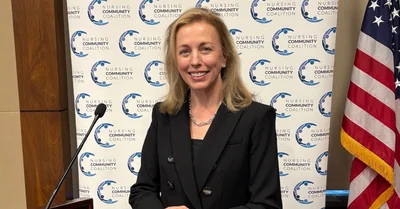Resources for the Future (RFF), in collaboration with the Center on Global Energy Policy (CGEP) and the Bezos Earth Fund, has initiated a program to enhance economic resilience in U.S. regions that heavily rely on fossil fuels. The initiative, dubbed Resilient Energy Economies (REE), is a multi-year project that aims to fund economic research and foster a community of scholars, policymakers, and economic development practitioners.
In line with the launch, an RFF press release reveals that members of the REE steering committee — including scholars from RFF, CGEP, Bezos Earth Fund, Montana State University, University of Wyoming, and West Virginia University — have published a report detailing existing economic resilience research. It further underscores the necessity for more scholarship to devise, implement, and assess strategies to aid communities at risk of losing revenue and jobs as the world shifts towards cleaner fuels.
"Communities all over America depend on fossil fuel industries as sources of jobs and public revenues that fund schools, roads, and hospitals. These communities have provided the energy to help power the global economy for more than a century. Our goal is to work with these communities to build resilient local economies that can successfully navigate a global energy transformation," said Noah Kaufman, CGEP senior research scholar.
The press release also notes that REE will allocate $1.3 million to finance the first round of grants for social science scholars working on economic resilience strategies. The preproposal submission period for this funding round will commence on May 1. Following evaluation of these preproposals, REE will invite full proposals from applicants whose projects show significant promise.
"We are focused on developing innovative solutions by bolstering the people who understand this issue the best: those whose communities are facing uncertain economic prospects due to a heavy dependence on coal, oil, and gas industries. Our institutions also bring expertise and policy perspectives but we believe that achieving an equitable transition to a net-zero economy will require local, state, tribal, and federal experts all working together," said Daniel Raimi, RFF fellow and director of the RFF Equity in the Energy Transition Initiative.





